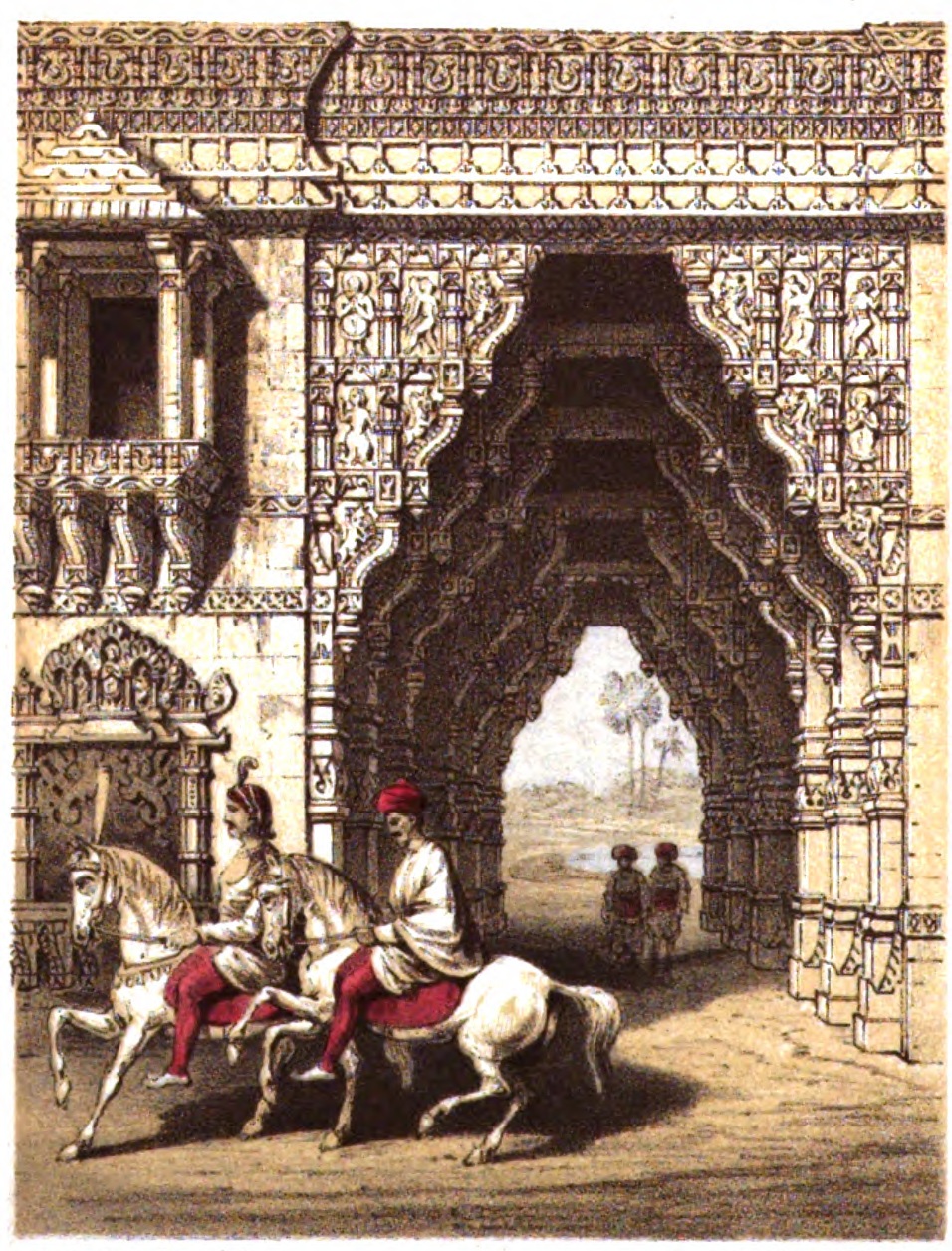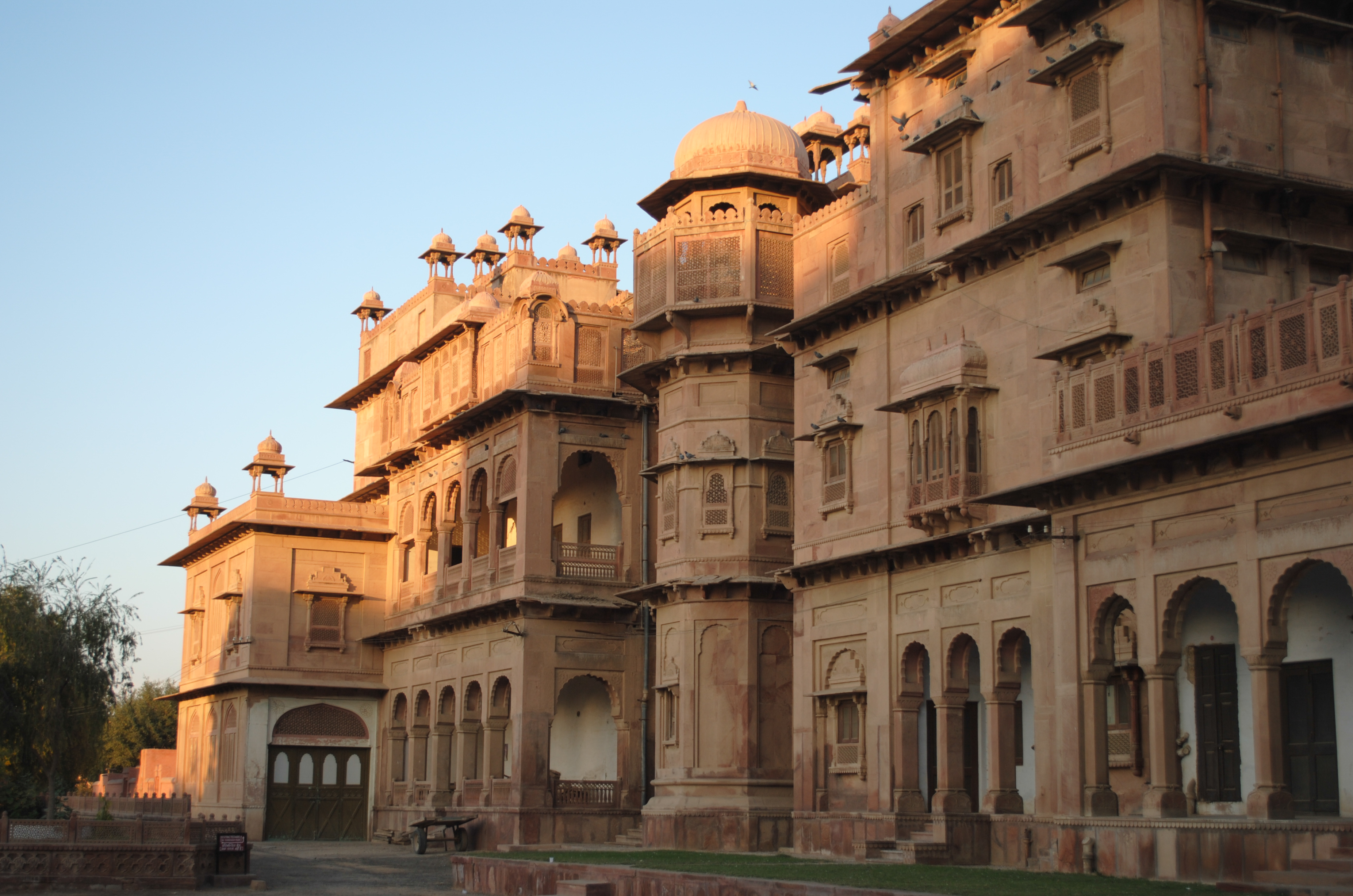|
Bhathan
Bhathan is a village and former princely state in Limbdi Taluka of Surendranagar District, Gujarat, India. The village is in Dasada (Vidhan Sabha constituency). History The tribute-paying state in Jhalawar ''prant'', comprising only the village, was ruled by Jhala Rajput Chieftains. In 1901, it had a population of 405, yielding a state revenue of 1,800 Rupees (1903-4, mostly from land) and paying a tribute of 701 Rupees, to the British and to Junagadh State Junagarh or Junagadh ( ur, ) was a princely state in Gujarat ruled by the Muslim Babi dynasty in British India, until its integration into the Union of India in 1948. History Muhammad Sher Khan Babai was the founder of the Babi Pashtun d .... External links and Sources Princely states of Gujarat Villages in Surendranagar district {{Surendranagar-geo-stub ... [...More Info...] [...Related Items...] OR: [Wikipedia] [Google] [Baidu] |
Dasada (Vidhan Sabha Constituency)
Dasada is one of the 182 Legislative Assembly constituencies of Gujarat state in India. It is part of Surendranagar district and is reserved for candidates belonging to the Scheduled Castes. List of segments This assembly seat represents the following segments # Dasada Taluka # Lakhtar Taluka # Patdi Taluka (Part) Villages – Moti Kathechi, Nani Kathechi, Gadthal, Jaliyala, Bhagwanpar, Ranagadh, Fulwadi, Rojasar, Dhalwana, Mulbavla, Digvijaygadh, Dhirajgadh, Parali, Bhathan, Laxmisar, Shiyani, Jambu, Parnala, Jasmatpar, Jalampar. Members of Legislative Assembly Election candidate 2022 --> Election results 2017 2012 See also * List of constituencies of the Gujarat Legislative Assembly * Surendranagar district Surendranagar is an administrative district in Saurashtra region of Gujarat state in India. It has a population of approximately 1.7 million people. Surendranagar city, along with the twin city of Wadhwan, has a total of 40 ... [...More Info...] [...Related Items...] OR: [Wikipedia] [Google] [Baidu] |
Princely State
A princely state (also called native state or Indian state) was a nominally sovereign entity of the British Indian Empire that was not directly governed by the British, but rather by an Indian ruler under a form of indirect rule, subject to a subsidiary alliance and the suzerainty or paramountcy of the British crown. There were officially 565 princely states when India and Pakistan became independent in 1947, but the great majority had contracted with the viceroy to provide public services and tax collection. Only 21 had actual state governments, and only four were large ( Hyderabad State, Mysore State, Jammu and Kashmir State, and Baroda State). They acceded to one of the two new independent nations between 1947 and 1949. All the princes were eventually pensioned off. At the time of the British withdrawal, 565 princely states were officially recognised in the Indian subcontinent, apart from thousands of zamindari estates and jagirs. In 1947, princely states covered ... [...More Info...] [...Related Items...] OR: [Wikipedia] [Google] [Baidu] |
Surendranagar District
Surendranagar is an administrative district in Saurashtra region of Gujarat state in India. It has a population of approximately 1.7 million people. Surendranagar city, along with the twin city of Wadhwan, has a total of 400,000 inhabitants, and is known as "Camp". Economy In the past, Surendranagar was used by colonialists as a hill station, because of its dry environment that was beneficial for some physical as well as mental ailments. Surendranagar's dry air is still believed to be the best place in Gujarat to cure tuberculosis patients. District capital Surendranagar, which lies under Municipality body is suffering from poor condition of roads and the two Causeways which join both the sides of city divided by Bhogavo River. Municipality body of city is considered to be a candidate for status of Municipal Corporation for a long time but due to some political reasons it never happen. It has the second highest number of educational institutes per capita. Many newspap ... [...More Info...] [...Related Items...] OR: [Wikipedia] [Google] [Baidu] |
Gujarat
Gujarat (, ) is a state along the western coast of India. Its coastline of about is the longest in the country, most of which lies on the Kathiawar peninsula. Gujarat is the fifth-largest Indian state by area, covering some ; and the ninth-most populous state, with a population of 60.4 million. It is bordered by Rajasthan to the northeast, Dadra and Nagar Haveli and Daman and Diu to the south, Maharashtra to the southeast, Madhya Pradesh to the east, and the Arabian Sea and the Pakistani province of Sindh to the west. Gujarat's capital city is Gandhinagar, while its largest city is Ahmedabad. The Gujaratis are indigenous to the state and their language, Gujarati, is the state's official language. The state encompasses 23 sites of the ancient Indus Valley civilisation (more than any other state). The most important sites are Lothal (the world's first dry dock), Dholavira (the fifth largest site), and Gola Dhoro (where 5 uncommon seals were found). Lothal ... [...More Info...] [...Related Items...] OR: [Wikipedia] [Google] [Baidu] |
Jhalawar
Jhalawar () is a city, municipal council and headquarter in Jhalawar district of the Indian state of Rajasthan. It is located in the southeastern part of the state. It was the capital of the former princely state of Jhalawar, and is the administrative Jhalawar district. Its district headquarters is Jhalawar. This district is the 22nd largest district of Rajasthan. This district is known by the nicknames of Cherrapunji of Rajasthan, Nagpur of Rajasthan, Brijnagar of Rajasthan etc. Cherrapunji of rajasthan because the highest rainfall in the whole of Rajasthan occurs in manoharthana town in this district. Gagron fort at the confluence of Kalisindh and Ahu river at some distance from Jhalawar It is situated which is one of the Jaldurg of Rajasthan and it is such a fort which is a standing fort without foundation. This fort was included in the UNESCO World Heritage List in 2013. History The city of Jhalawar was founded by a Rajput Jhala Zalim Singh, who was then the Dewan of K ... [...More Info...] [...Related Items...] OR: [Wikipedia] [Google] [Baidu] |
Jhala
Jhala (Hindi: झाला, ) is a term in Hindustani classical music which denotes the fast-paced conclusions of classical compositions or raga A ''raga'' or ''raag'' (; also ''raaga'' or ''ragam''; ) is a melodic framework for improvisation in Indian classical music akin to a melodic mode. The ''rāga'' is a unique and central feature of the classical Indian music tradition, and as a .... It is often characterized by the overwhelming of the melodic component by the rhythmic component. This is sometimes effected by the rapid striking together of the ''chikari'' between notes.Kamien, Roger, and Anita Kamien. Music: an Appreciation. McGraw-Hill Education, 2018. References Hindustani music terminology Formal sections in music analysis {{India-music-stub ... [...More Info...] [...Related Items...] OR: [Wikipedia] [Google] [Baidu] |
Rajput
Rajput (from Sanskrit ''raja-putra'' 'son of a king') is a large multi-component cluster of castes, kin bodies, and local groups, sharing social status and ideology of genealogical descent originating from the Indian subcontinent. The term Rajput covers various patrilineal clans historically associated with warriorhood: several clans claim Rajput status, although not all claims are universally accepted. According to modern scholars, almost all Rajput clans originated from peasant or pastoral communities. Over time, the Rajputs emerged as a social class comprising people from a variety of ethnic and geographical backgrounds. During the 16th and 17th centuries, the membership of this class became largely hereditary, although new claims to Rajput status continued to be made in the later centuries. Several Rajput-ruled kingdoms played a significant role in many regions of central and northern India from seventh century onwards. The Rajput population and the former Rajput state ... [...More Info...] [...Related Items...] OR: [Wikipedia] [Google] [Baidu] |
Junagadh State
Junagarh or Junagadh ( ur, ) was a princely state in Gujarat ruled by the Muslim Babi dynasty in British India, until its integration into the Union of India in 1948. History Muhammad Sher Khan Babai was the founder of the Babi Pashtun dynasty of Junagarh in 1654. His descendants, the Babi Nawabs of Junagarh, conquered large territories in southern Saurashtra. However, during the collapse of the Mughal Empire, the Babis became involved in a struggle with the Gaekwad dynasty of the Maratha Empire over control of Gujarat during the reign of the local Mohammad Mahabat Khanji I. Mohammad Khan Bahadur Khanji I declared independence from the Mughal governor of Gujarat subah, and founded the state of Junagarh in 1730. This allowed the Babi to retain sovereignty of Junagarh and other princely states. During the reign of his heir Junagarh was a tributary to the Maratha Empire, until it came under British suzerainty in 1807 under Mohammad Hamid Khanji I, following the Second Ang ... [...More Info...] [...Related Items...] OR: [Wikipedia] [Google] [Baidu] |
Princely States Of Gujarat
A prince is a male ruler (ranked below a king, grand prince, and grand duke) or a male member of a monarch's or former monarch's family. ''Prince'' is also a title of nobility (often highest), often hereditary, in some European states. The female equivalent is a princess. The English word derives, via the French word ''prince'', from the Latin noun , from (first) and (head), meaning "the first, foremost, the chief, most distinguished, noble ruler, prince". Historical background The Latin word (older Latin *prīsmo-kaps, literally "the one who takes the first lace/position), became the usual title of the informal leader of the Roman senate some centuries before the transition to empire, the ''princeps senatus''. Emperor Augustus established the formal position of monarch on the basis of principate, not dominion. He also tasked his grandsons as summer rulers of the city when most of the government were on holiday in the country or attending religious rituals, and, fo ... [...More Info...] [...Related Items...] OR: [Wikipedia] [Google] [Baidu] |






